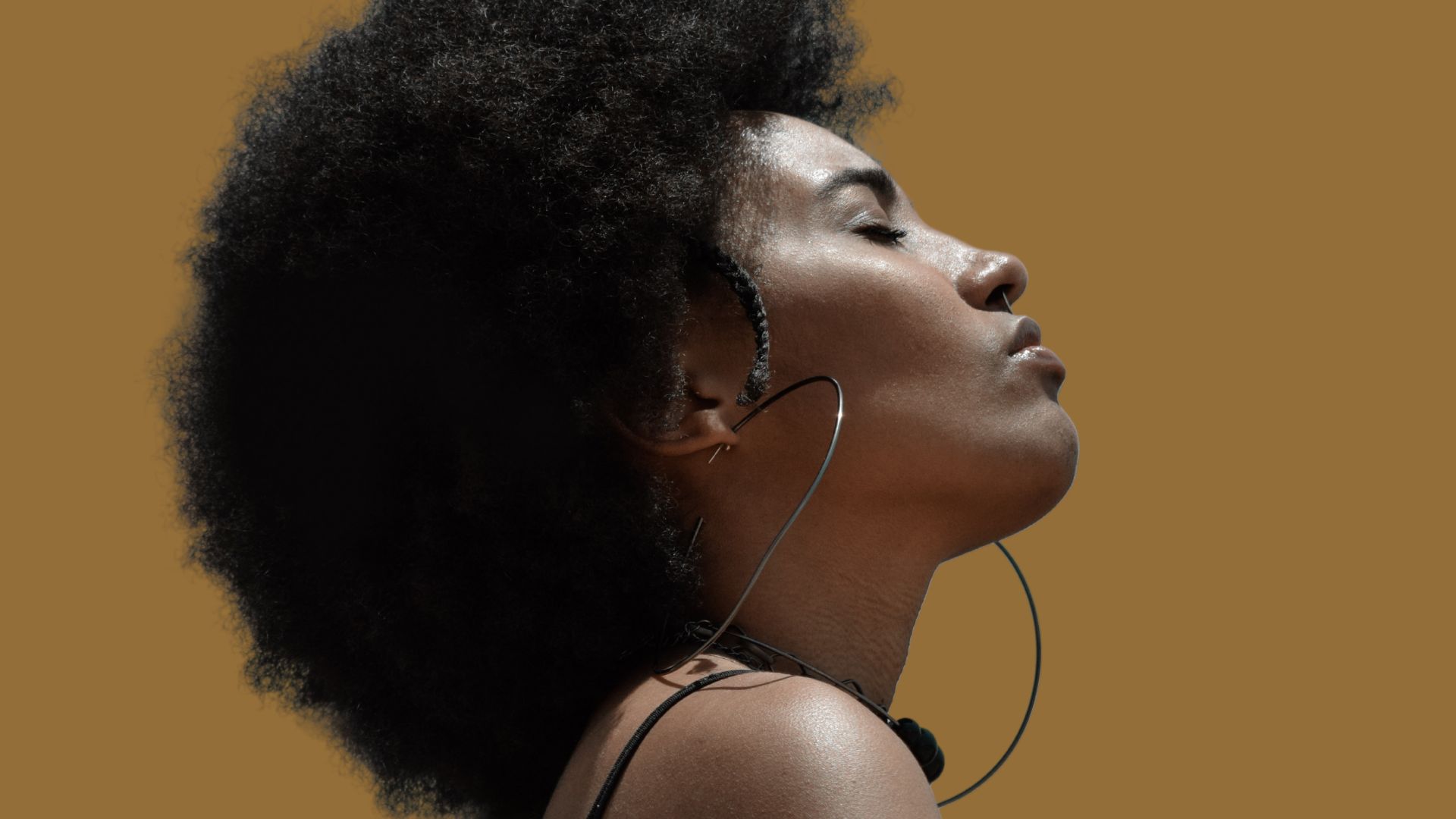Over 30% of American adults, according to the American Psychiatric Association, experience anxiety in their lives. Anxiety is defined as a persistent fear and worry about everyday situations. Many Black women describe it as not being able to turn their brain off, especially at night. One might be constantly worried about their job, their kids, their health, and their life in general, but can’t seem to pinpoint the reason why. This is called generalized anxiety disorder, which is commonly referred to as GAD. For Black women these symptoms are more chronic and often more intense.
Anxiety manifests itself physically, cognitively, behaviorally and emotionally. Below are the most common symptoms that many Black women write off as something being physically wrong and attend many doctor’s visits to try to get to the root cause of what they might be experiencing. For example, they’ll want to know a medical reason for headaches, fatigue, mood swings, diarrhea, vomiting, and shortness of breath. When in actuality, their symptoms, although are very real, are caused by anxiety.

Behavioral symptoms:
- Restlessness and agitation
- Inability to sit still and keeping yourself unreasonably busy
- Social withdrawal and isolation
- Agoraphobia (fear of having a panic attack too far away from your safe place, which is usually your home)
- Inability to properly meet responsibilities at home, work, or school
- Irritability
- Anger
- Perfectionism
- Usage of marijuana or alcohol to self-medicate the symptoms
Physical symptoms:
- Shortness of breath
- Fatigue and exhaustion
- Insomnia
- Notable changes in patterns of eating or sleeping
- Excessive perspiration
- GI symptoms: nausea, vomiting, diarrhea
- Muscle tension and pain
- Frequent headaches
- Nightmares and night terrors
- Pounding heart
- Fine muscle tremors
- Cold or sweaty hands and/or feet
- Numbness or tingling in hands and/or feet
- Dry mouth
Cognitive symptoms:
- Difficulties concentrating
- Anticipating the worst outcomes
- Mind often going blank
- Irrational fears and dread
- Uncontrollable, obsessive thoughts
- Feeling as though one is going crazy
Psychosocial symptoms:
- Feeling helpless
- Feelings of panic, fear, and uneasiness
- Mood swings
- Feeling worthless
- Hopelessness and despair
- Feeling in danger
- Flashbacks
- Feelings of dissociation
Keep in mind that some anxiety is very normal and many situations can contribute to increased anxiety. Some contributing factors might be moving to a new city or a new home, having a baby, getting a new job, the death of a loved one, being overworked, racial trauma, childhood trauma and a family history of mood disorders. However, if more than a few of these symptoms have been persistent for at least 3 months or more, and your doctor has concluded that there is nothing physically wrong, it might be time to consider seeking the help of a qualified mental health professional to help you learn to manage your anxiety.


